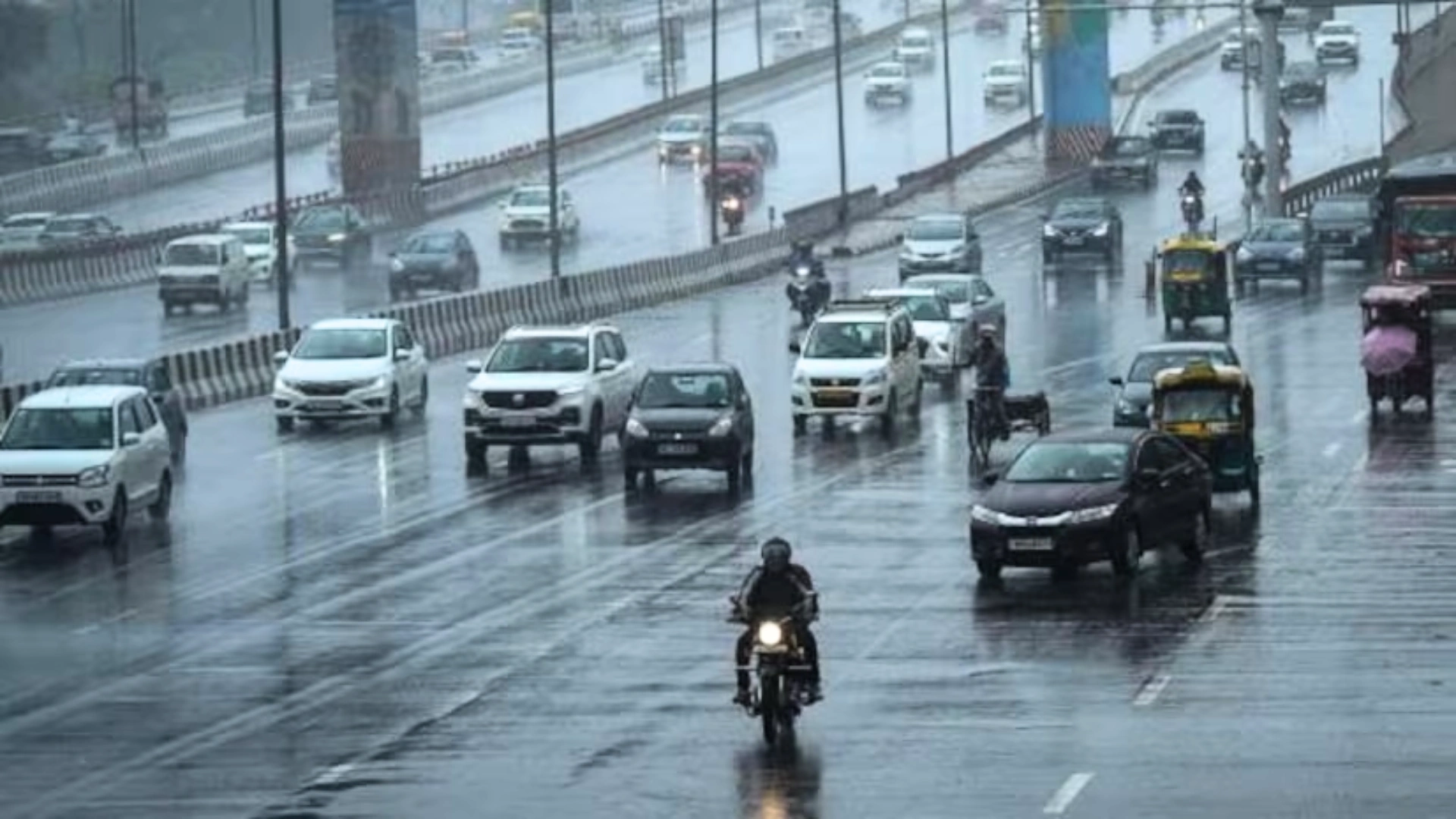The Municipal Corporation of Delhi (MCD) is all set to hold its long-awaited mayoral elections on November 14, 2024, following a significant seven-month delay caused by a political standoff between the Aam Aadmi Party (AAP) and the Bharatiya Janata Party (BJP). Originally scheduled for April, the elections were postponed due to procedural disputes and disagreements over the appointment of a presiding officer. This delay highlights the deepening rift between the two major political parties and has caused disruptions to MCD sessions, prolonging the election process.
Why the Delay?
The delay stems from several procedural issues, including disagreements between AAP and BJP on key appointments within the MCD, particularly the presiding officer. Another factor was the Scheduled Caste (SC) reservation for this year’s mayoral term, which added further complexity to the process. As a result, the newly elected mayor and deputy mayor will serve for a shortened term of just five months—far less than the usual one-year tenure.
How is the Mayor of Delhi Elected?
The election of the Delhi Mayor is a complex process governed by the Delhi Municipal Corporation Act, 1957, and it involves multiple parties. The mayor is elected through a secret ballot during the first meeting of the MCD after its constitution. The election includes votes from:
- MCD councillors (elected officials representing the city’s wards)
- Delhi Legislative Assembly members (MLAs representing constituencies in Delhi)
- Delhi’s Members of Parliament (MPs)
However, nominated councillors do not have voting rights in the mayoral election.
The mayor serves a one-year term and holds primarily ceremonial powers. Day-to-day governance and administrative functions are managed by the MCD and the Delhi government. The mayor also has the responsibility of representing the MCD in various civic matters.
Dalit Candidate Set to Become Delhi’s Next Mayor
This year’s mayoral election holds particular significance, as it will mark the appointment of a Dalit candidate to the mayor’s office. According to the MCD’s rotational reservation policy, each year’s mayoral election is reserved for different categories. This year’s election is reserved for a Scheduled Caste (SC) candidate.
- Year 1: Reserved for women
- Year 2: Reserved for the open category
- Year 3: Reserved for a Scheduled Caste (SC) candidate
- Years 4 and 5: Open category
This is the third mayoral term under AAP’s leadership, following the party’s victory in December 2022, which ended the BJP’s 15-year reign over the MCD.
Who Are the Mayoral Candidates in Delhi?
The election will feature two major contenders:
- AAP’s candidate: Mahesh Khichi, a councillor from Devnagar.
- BJP’s candidate: Kishan Lal, a councillor from Shakurpur.
The deputy mayoral race also has two contenders:
- AAP has nominated Ravinder Bhardwaj from Aman Vihar.
- BJP has put forward Nita Bisht from Sadatpur.
Currently, AAP holds a slight advantage, with a total of 142 votes, which includes votes from 126 councillors, 13 MLAs, and 3 Rajya Sabha MPs. The BJP holds 122 votes, which includes votes from 114 councillors, 7 Lok Sabha MPs, and others. Meanwhile, Congress has 8 councillor seats, and there is one independent councillor. One seat remains vacant.
AAP vs BJP: The Power Struggle for MCD Control
The ongoing power struggle between AAP and BJP over control of the MCD has resulted in frequent political gridlocks. Current Mayor Shelly Oberoi, who has been in office since February 2023, has focused on expediting pending civic projects. These include initiatives like park fencing, beautification works, street lighting improvements, road repairs, and the covering of open drains. These efforts are critical, especially with Delhi’s Assembly elections coming up early next year.
Oberoi has held several meetings with MCD officials to ensure that these projects are completed promptly before her term concludes.
BJP’s Control of MCD Standing Committee Under Review
Meanwhile, the BJP has already secured 10 of the 18 seats on the MCD’s standing committee, which is the highest decision-making body within the MCD. However, this outcome is under legal review as AAP has challenged the results in the Supreme Court, citing procedural concerns in the election process. The legal battle adds another layer of complexity to the ongoing struggle for control over the MCD.
A Short Tenure Amid Political Uncertainty
As the mayoral election finally takes place, the new mayor and deputy mayor will be left with a brief five-month term, creating uncertainty around long-term governance. The AAP vs BJP battle for the MCD’s control remains intense, with both parties keen to assert dominance, especially with the Delhi Assembly elections on the horizon.
The outcome of this election will not only shape the immediate political landscape of Delhi but also influence the future of local governance in India’s capital city.
MUST READ: PM Modi In Mumbai: Ahead Of Major Rally At Shivaji Park, Traffic Advisory Issued

















